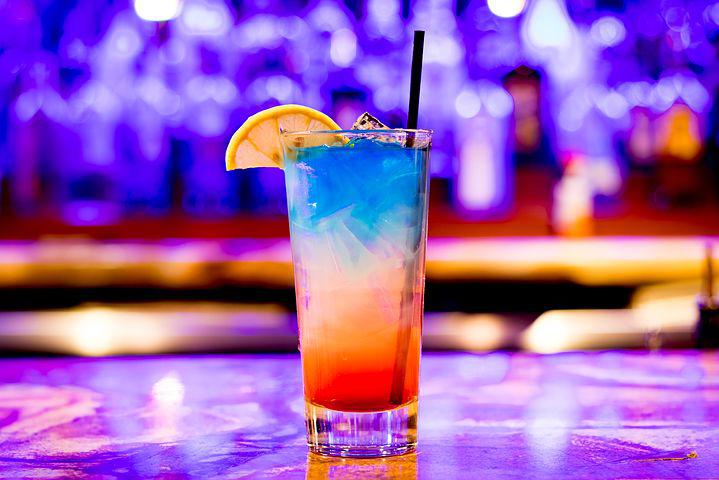The increase in reported drink spiking spurring the Girls Night In boycott of clubs’, bars and pubs to be nationwide. What are the signs that you have been spiked and what do to if you think you or someone you know has been.
There have been almost 200 recorded cases of drink spiking in the UK from September to October this year, this figure is missing out 5 police forces which are yet to report their cases. As well as the BBC reporting 2,600 reported cases from 2015-2019. These figures have made many university student in particular worried about their safety when on a night out.
Drink spiking is where either illegal, prescription, ‘date rape’ drugs or alcohol is added to a drink, with the motive usually being sexual assault or theft. It can occur both in alcoholic and non-alcoholic drinks.
The signs that your drink has been spiked include:
- Feeling unwell
- Unconsciousness
- Confusion
- Lowered inhibitions
Whilst there are more signs that your drink has been spiked, such as being more drunk than you should be, it does depend on what substance was used to spike the drink.
Measures such as free drink covers, which are being given out in the Loughborough Student Union for free, are being used to lessen the likelihood of you being spiked fall. In order to reduce the chances of you to be spiked it is recommended that you; don’t accept a drink from anyone else, don’t leave your drink unattended and try to stick with friends so that you can look after each other.
if you think that you or someone has been spiked, below is advice from Drinkaware, a charity which works to reduce alcohol misuse. Their website also provides more information about alcohol consumption and being spiked.

With the growth of reports, the Girls Night In boycotts on bars, clubs and pubs in order to raise awareness began on the 26th October, with different cities boycotting on different days of the week. In Loughborough, not one person attended the student union on the 27th October.
The increase of reports comes along side fears that people are being spiked via injection. However, there has not been a consensus among medical professionals about this is likely this is to happen.
Professor Adam Winstock from Global Drugs Survey argues that injecting someone would be difficult this is both because of it being likely to be felt by the person but also because of the precision that is needed as well as the time for the drug to be administered.
However, Dr Lakhani has said that some needles are small enough not to be felt and therefore it can be done without it being noticed.


